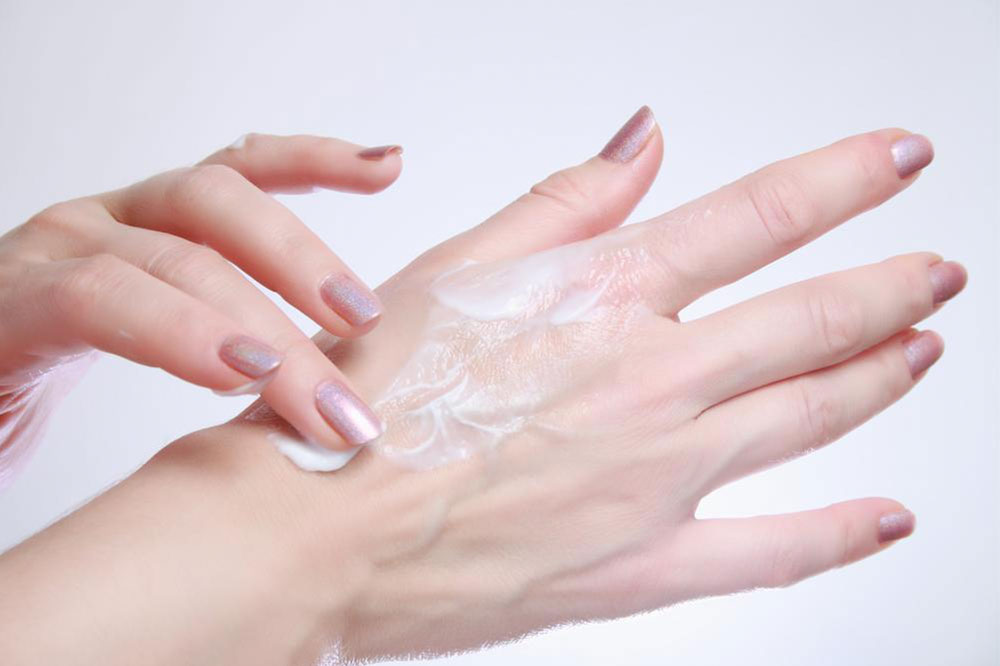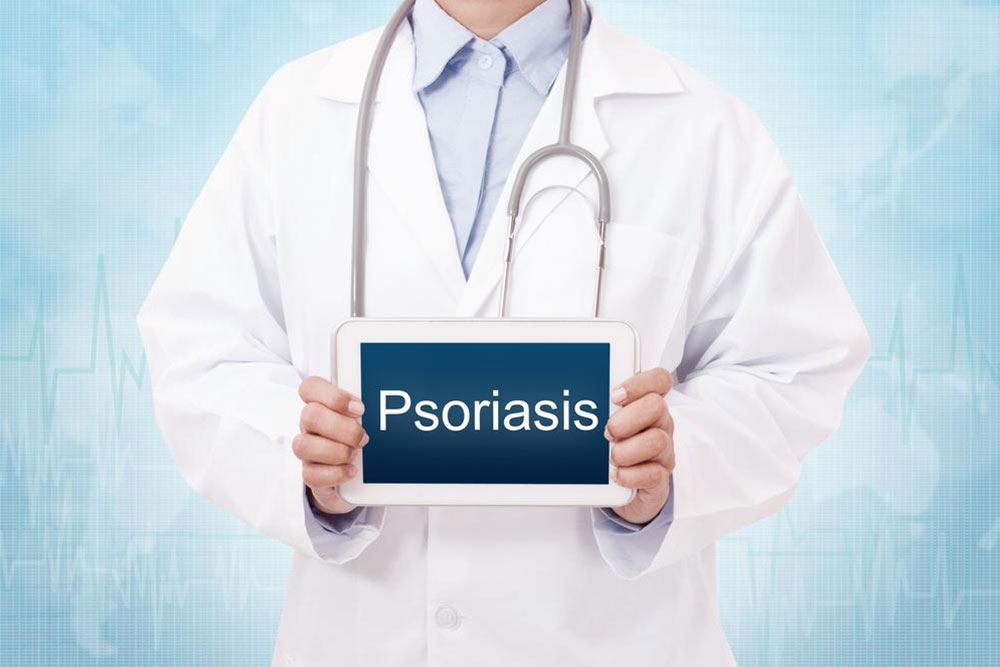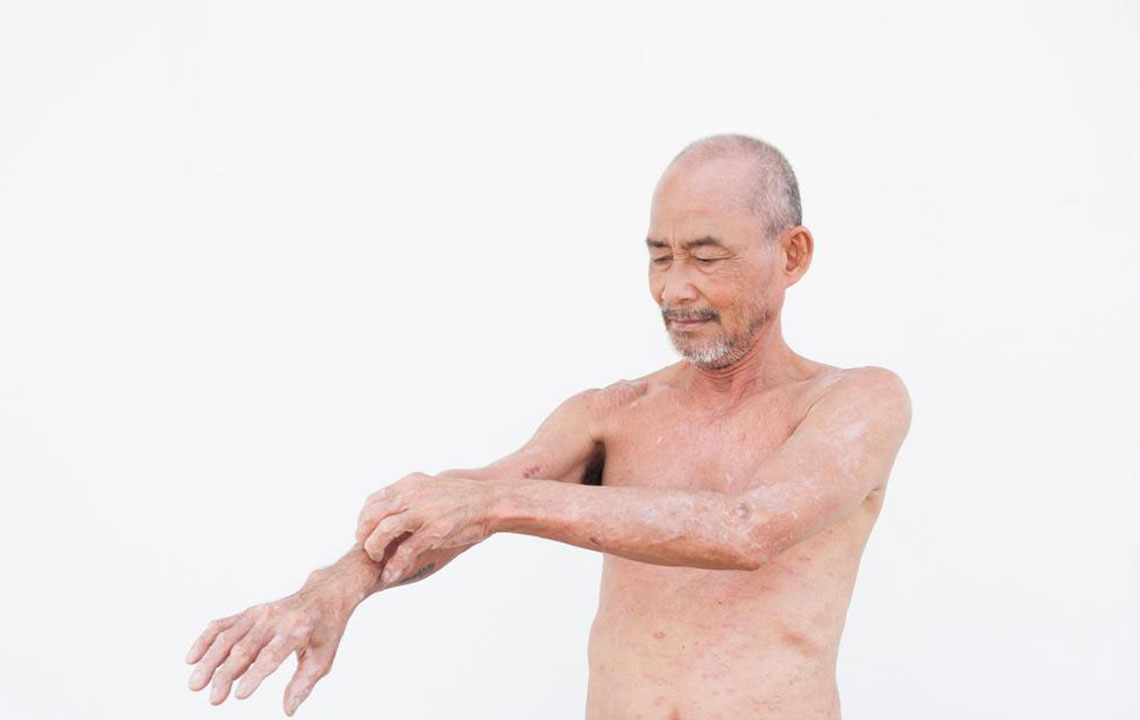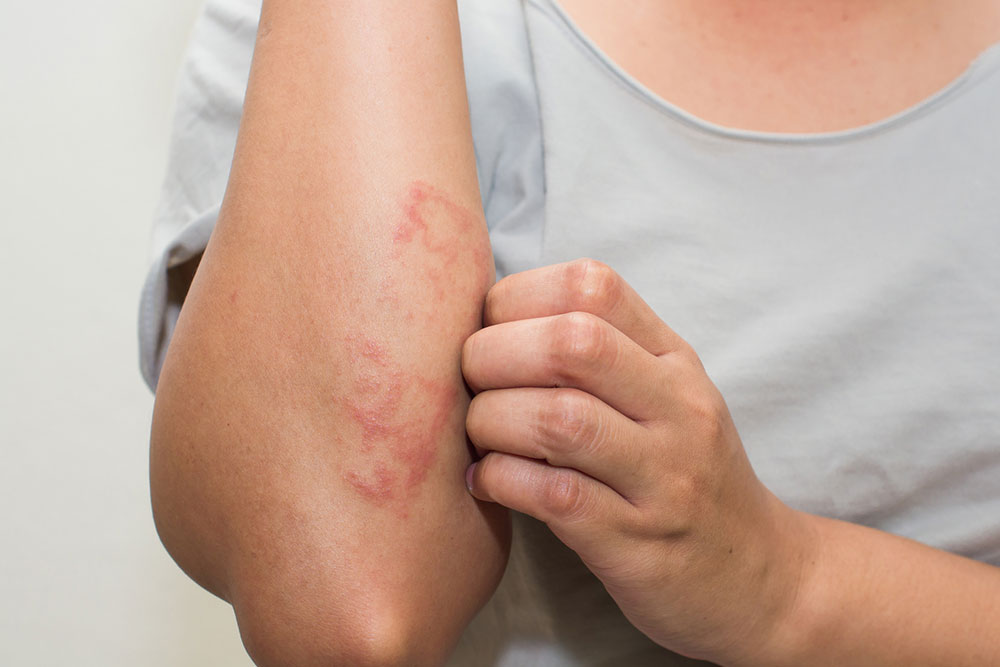Comprehensive Guide to Managing Plaque Psoriasis
This comprehensive guide offers insights into plaque psoriasis, including types, symptoms, causes, diagnosis, and treatment options. It emphasizes lifestyle and dietary changes to manage this chronic condition effectively. While incurable, proper care and natural remedies can significantly improve quality of life, preventing severe flare-ups and skin complications.

Understanding and Managing Plaque Psoriasis Effectively
Plaque psoriasis is an autoimmune skin disorder characterized by visible and often irritating patches on the skin. These patches typically occur around joints like elbows and knees, the scalp, and torso. Most commonly affecting adults aged 18 to 25, there is no cure, but treatments are available to control symptoms and minimize flare-ups. Recognizing the different types, symptoms, and triggers is essential for effective management and improving quality of life.
Types of Plaque Psoriasis
Small plaque psoriasis features patches up to a few centimeters, pinkish with fine scales.
Large plaque psoriasis presents as wider, reddish patches covered with silvery scales.
It can be categorized based on location as either localized (affecting specific areas like knees or elbows) or generalized (spread across multiple regions including scalp and trunk).
Recognizing Symptoms
Red, raised, and scaly patches on the skin
Silvery, well-defined scales on patches
Cracked skin that may bleed
Intense itching and burning sensation
Joint soreness and swelling
Thickened or ridged nails
Lesions vary from small coin-sized spots to large palm-sized patches and typically appear on elbows, knees, scalp, lower back, palms, soles, and face.
Causes and Triggers
Plaque psoriasis is an autoimmune disease where the immune system attacks healthy skin cells. Excessive production of proteins like tumor necrosis factor accelerates skin cell growth, leading to buildup on the surface. Genetic predisposition and environmental factors such as smoking, stress, skin injuries, infections, certain medications, and allergies can trigger or worsen symptoms. It’s not contagious.
Diagnosis and Assessment
If symptoms appear, consult a dermatologist for proper evaluation. Diagnosis involves examining skin lesions, medical history, and possible biopsy for confirmation. Severity varies from mild (few patches) to severe (widespread affected areas).
Treatment Strategies
Since plaque psoriasis is incurable, treatment focuses on symptom relief and flare-up prevention. Starting with mild options, treatment can escalate as necessary. Main approaches include:
Topical therapies: Steroid or non-steroid creams to reduce inflammation and slow cell growth. Used for localized patches or scalp involvement.
Phototherapy: Controlled UV light exposure to treat widespread plaques. Conducted in clinics or at home under supervision.
Systemic medications: For severe cases, drugs that modulate the immune response, including oral or injectable options, require medical oversight due to possible side effects.
Biologics: Target specific immune components to inhibit psoriasis activity, but may impair infection resistance.
Natural and Adjunct Remedies
Aloe vera: Applying fresh gel from aloe leaves can soothe and reduce inflammation.
Coal tar: Shampoos or soaps containing coal tar alleviate itchiness and scales with minimal long-term effects. Avoid in pregnancy or breastfeeding.
Fish oil: Topical application or supplements can reduce inflammation and scaling when combined with light therapy.
Essential oils: Lavender, chamomile, or ylang-ylang oils can promote relaxation and reduce stress, a common psoriasis trigger.
Warm baths: Use lukewarm water and gentle soap, avoid scrubbing, and moisturize afterward to soothe skin.
Lifestyle Modifications
Quitting smoking, limiting alcohol intake, managing stress, and ensuring adequate sleep improve overall skin health. Regular sunlight exposure (with sunscreen) can boost vitamin D levels, which may help control symptoms.
Dietary Recommendations
Eating anti-inflammatory foods like omega-3-rich fish, fruits, vegetables, and nuts supports skin health. Avoid high-fat foods, gluten if sensitive, and excess sugar, which can exacerbate inflammation and symptoms.
Prognosis and Management
While chronic, plaque psoriasis can be managed effectively with medical treatment, lifestyle changes, and diet. With consistent care, symptoms can be controlled, allowing individuals to maintain a good quality of life.










